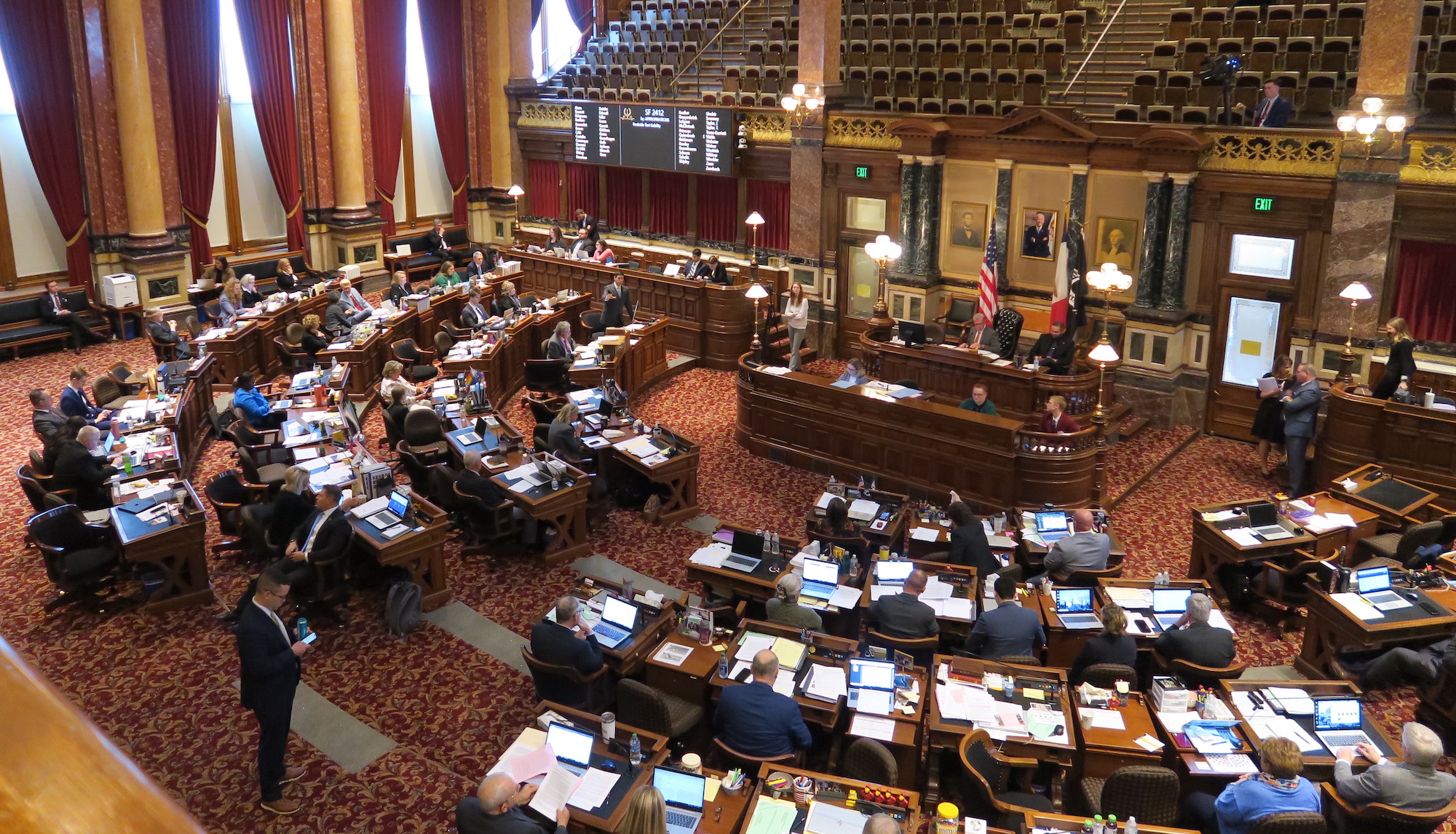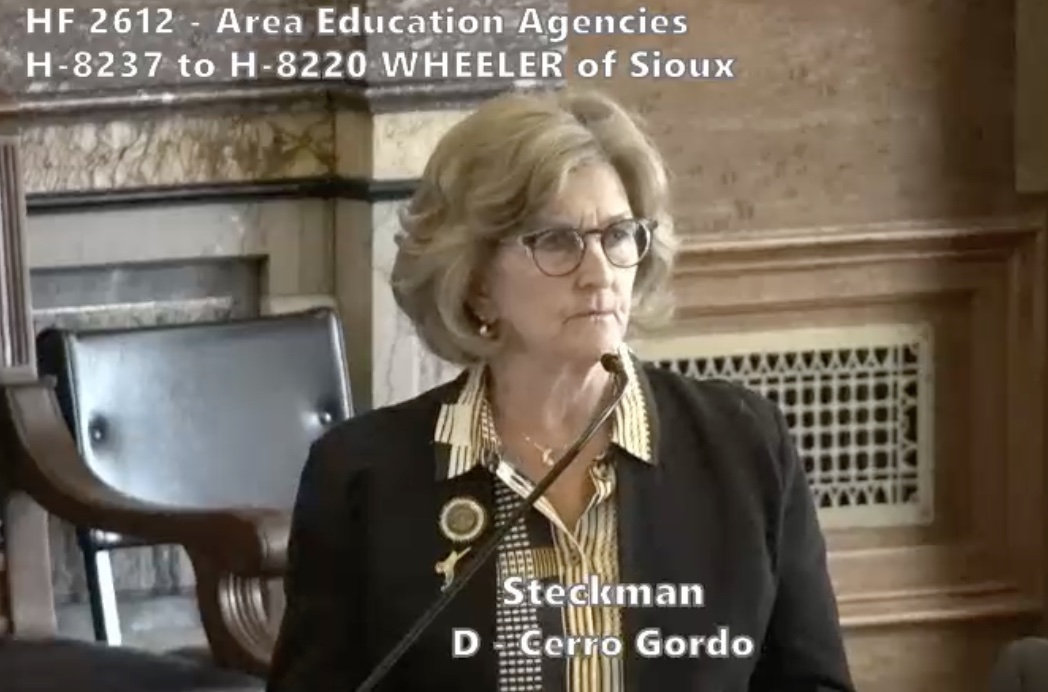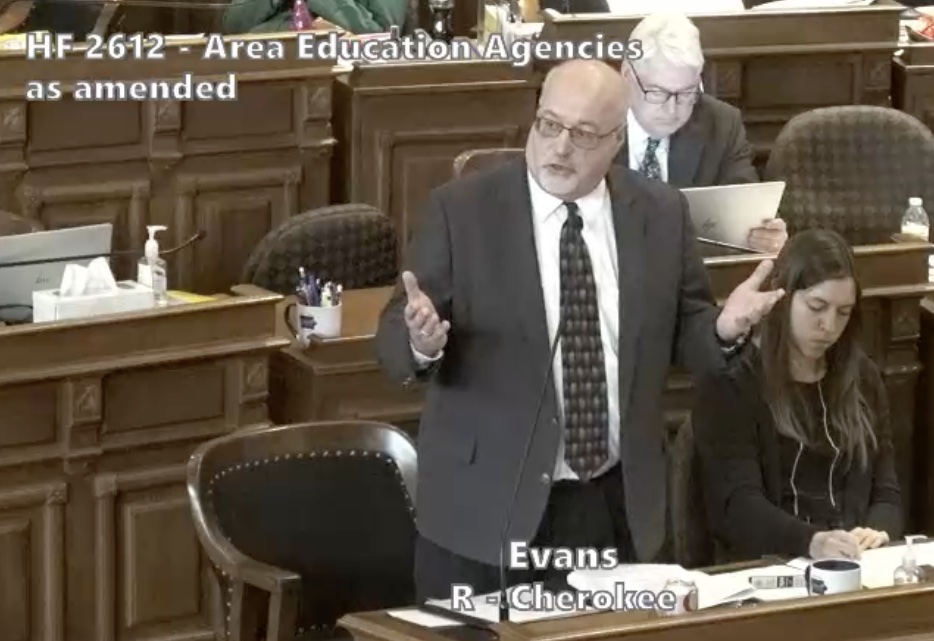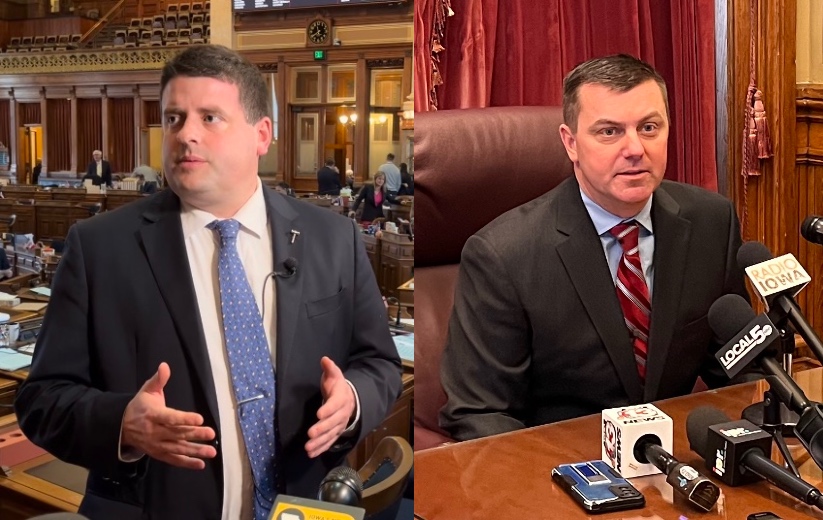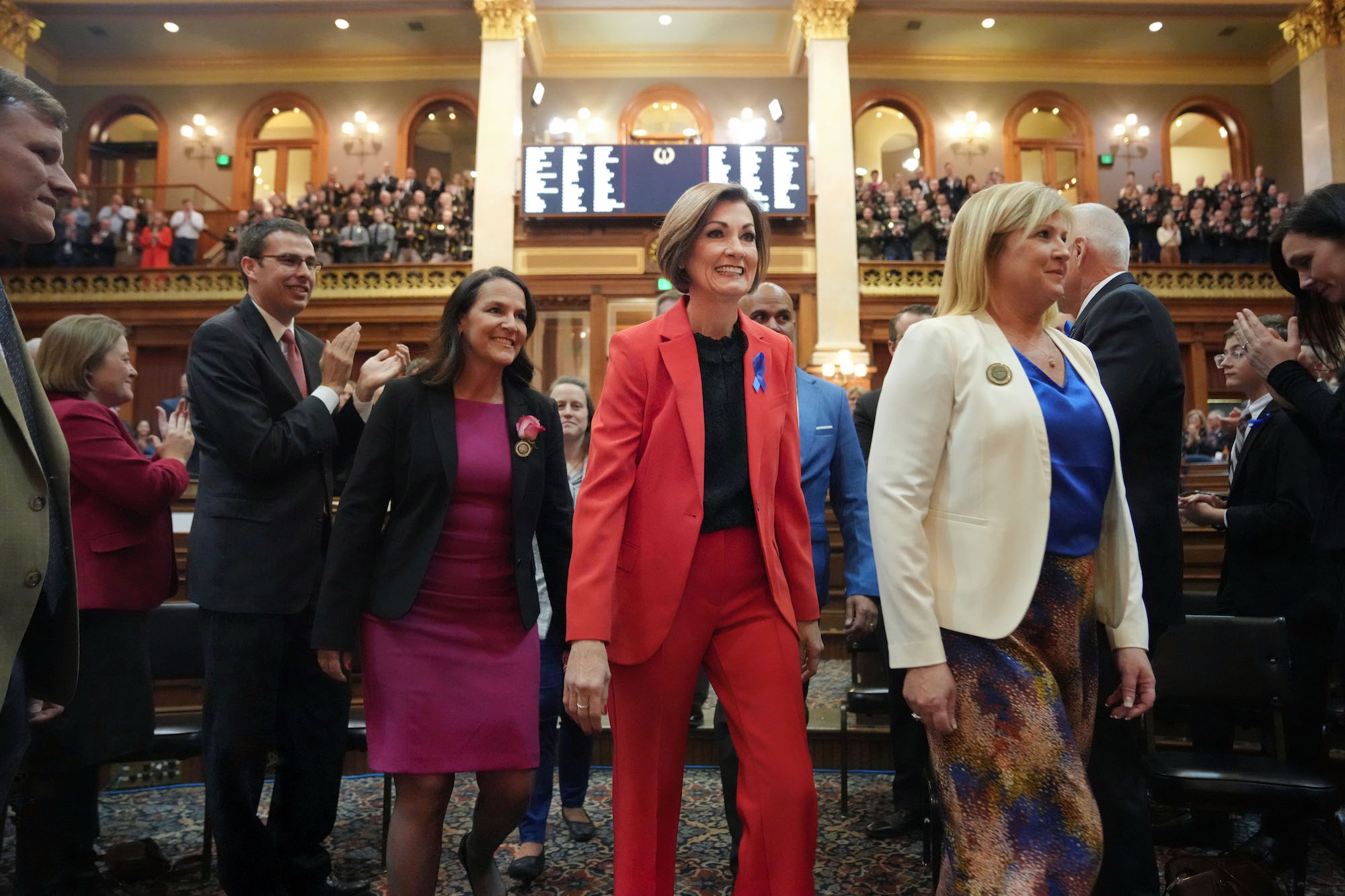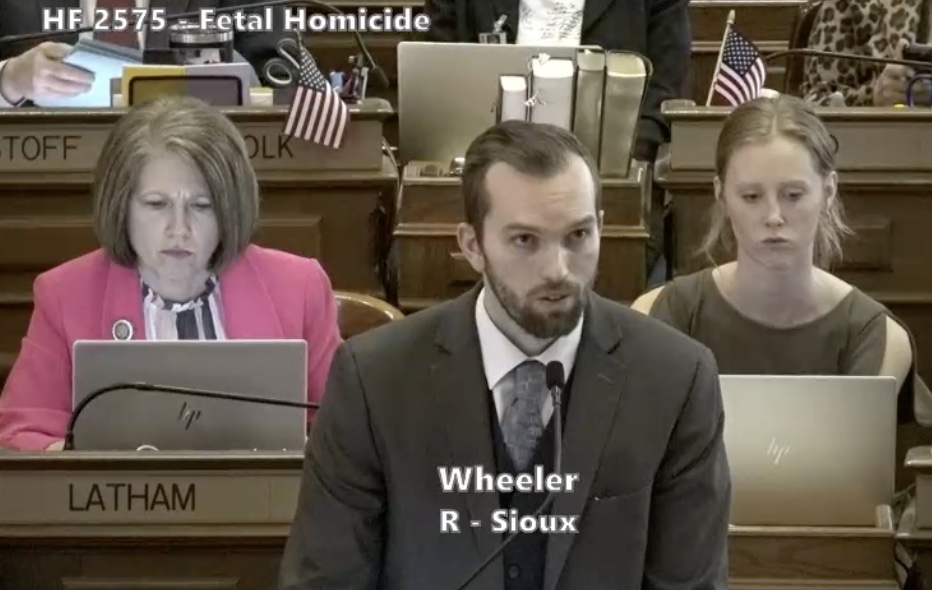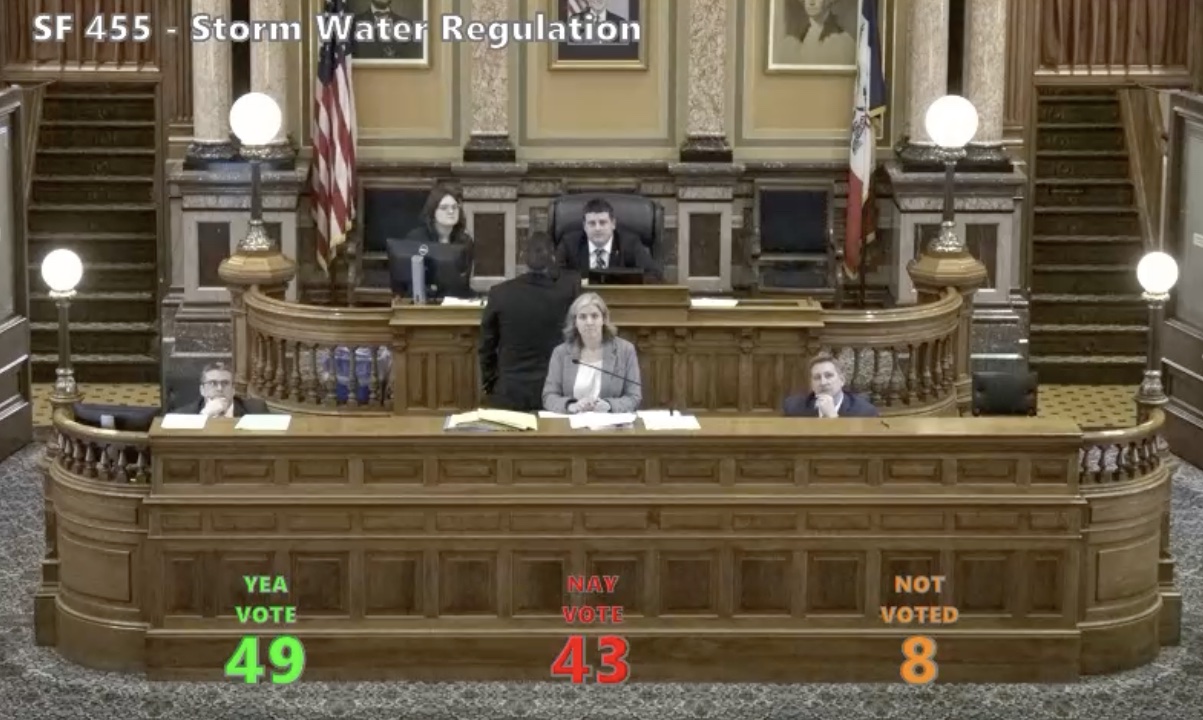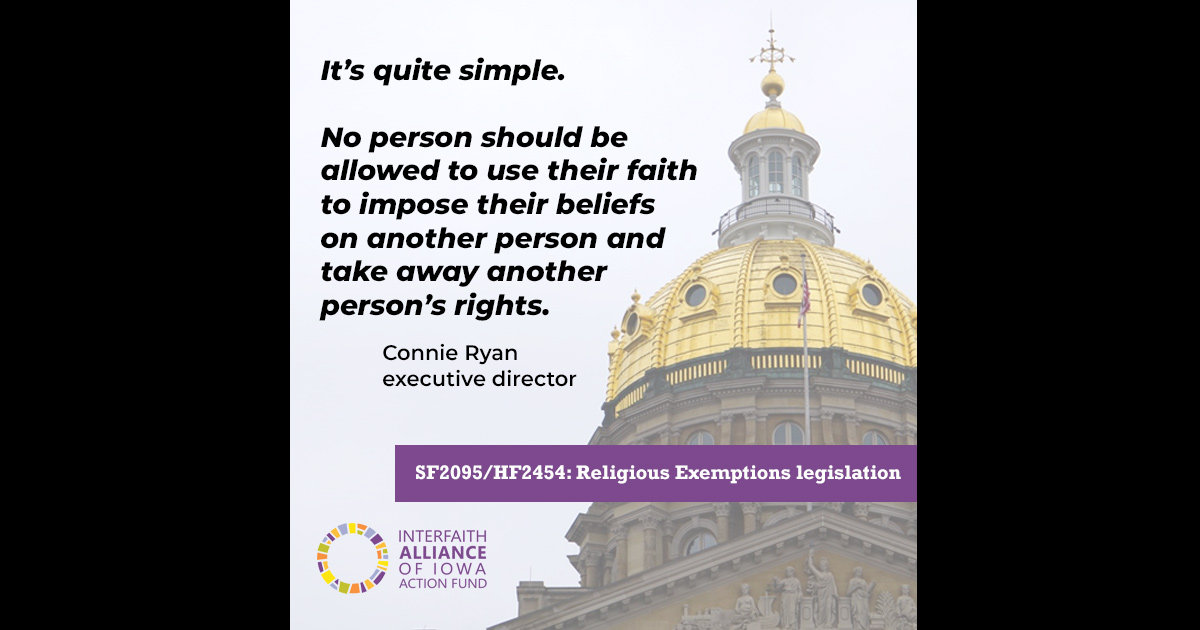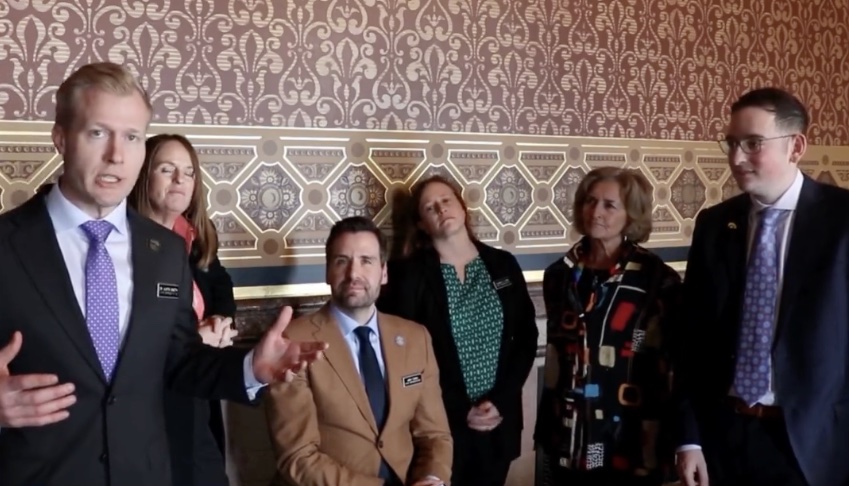
State Senator Dan Dawson floor manages a proposed constitutional amendment on April 10.
Rick Morain is the former publisher and owner of the Jefferson Herald, for which he writes a regular column.
Tax bills in the Iowa legislature have always been approved or disapproved by simple majorities. If most legislators want to raise taxes, or lower them, they do it the usual way: take a vote, up or down, and whichever side gets the most votes wins. That’s how democracy works.
But this year, Republican legislators voted to change that.
First the Iowa House in late March, and then the Iowa Senate earlier this month, approved House Joint Resolution 2006, a proposed amendment to the Iowa Constitution that would require a two-thirds majority in each house of the legislature to raise state income taxes.
Continue Reading...




